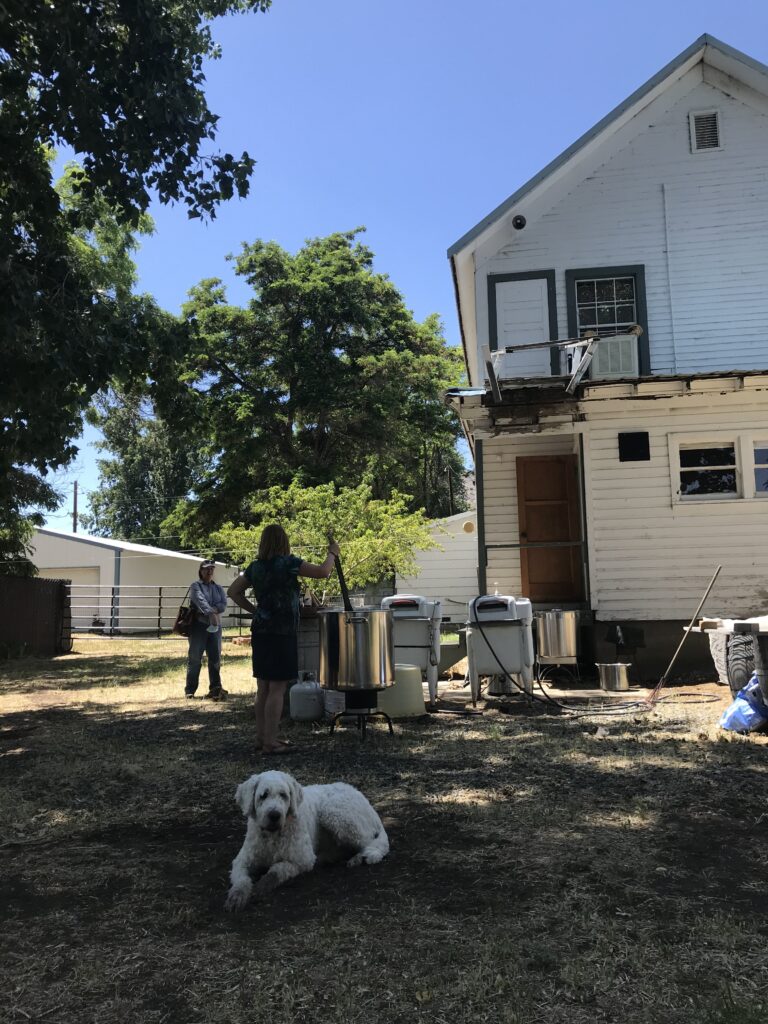Let’s start with the big ones, first among them: these two.
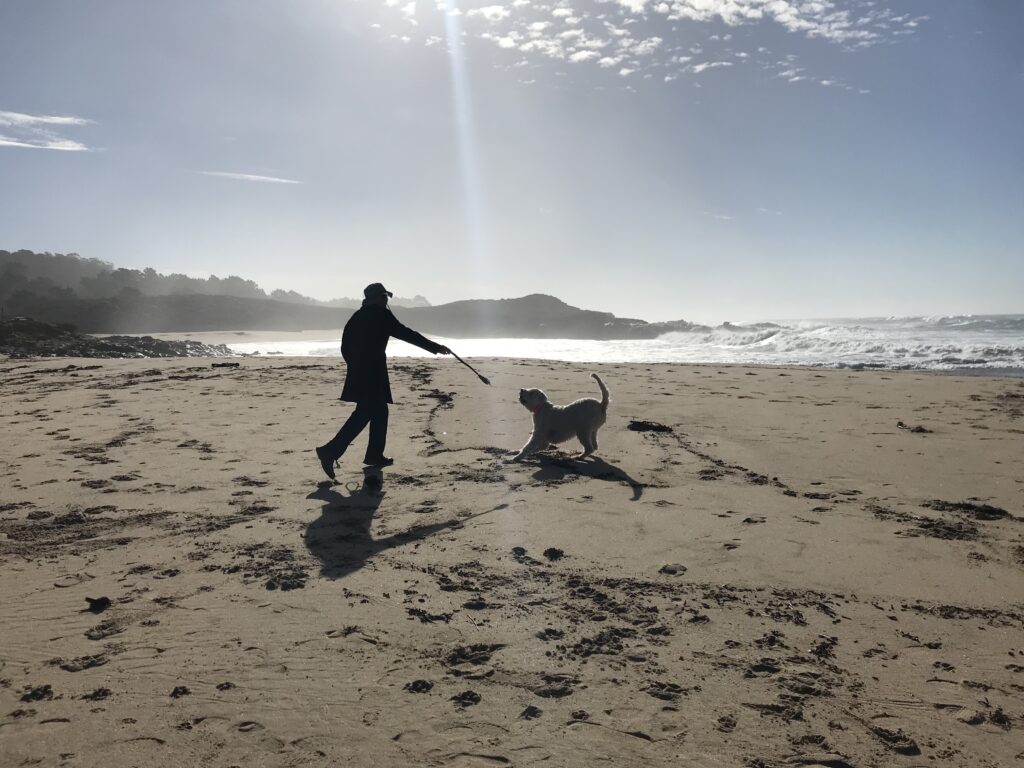
We are alive. All of our immediate family is alive, even those who had COVID-19, even those who spent time in the ICU because of it. We are so grateful there was room in the ICU for them.
I am self-employed, and one of the two main things I do to earn money enables me to work alone, in open air. Could I be any luckier? No.
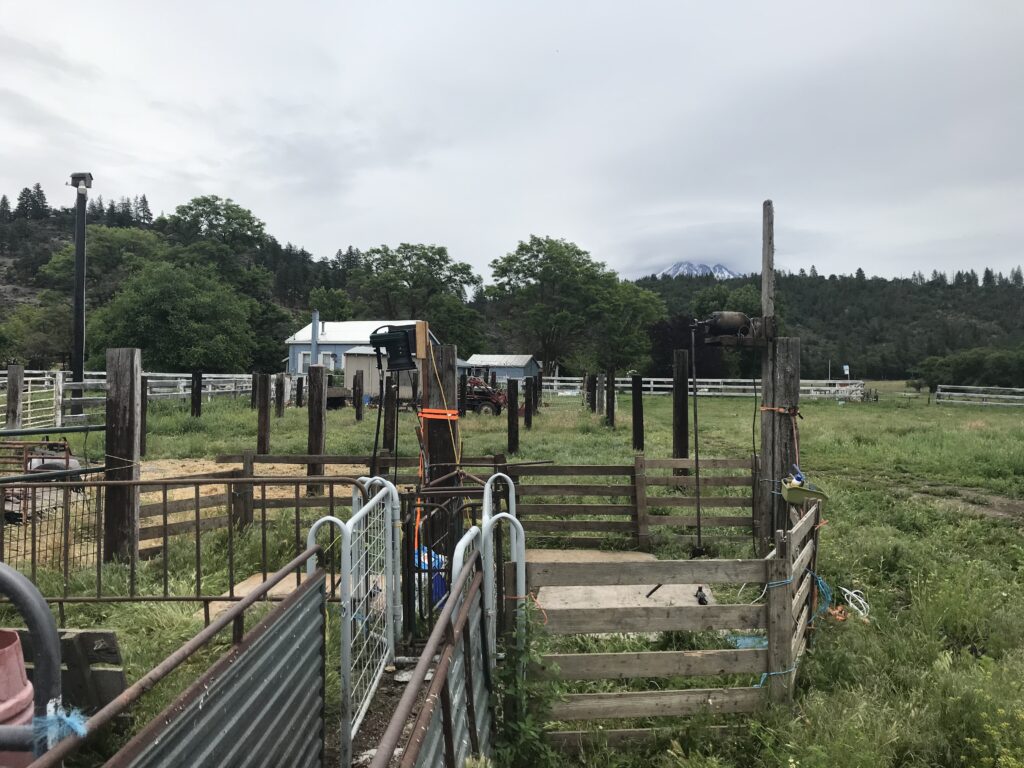
We got a minivan. It is life changing what with a 93-pound dog, shearing gear, and occasional, large, unexpected surprise bags of wool going to or from the mill. Life without large dogs and minivans is no longer an acceptable option.
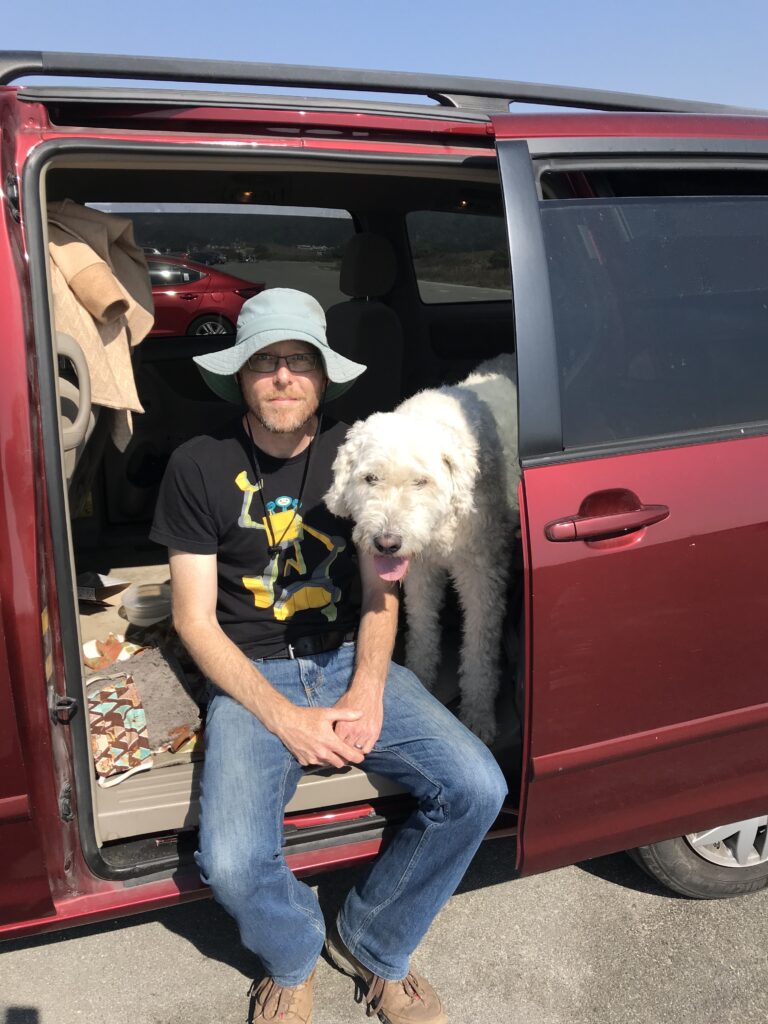
I found the minivan just in time, too. It turned out to be a great year to have a minivan in which to completely self-isolate. Due to the pandemic, I couldn’t (and wouldn’t) stay inside customers’ houses, and was able to sleep quite comfortably in the minivan. I made window screens and curtains, got a two-burner camping stove and roof-rack awning on Craigslist, and I was good to go. I will add a simple folding cot or bed (beneath which I can store things) in the future, as that will go a long way toward sleeping comfort. No matter the padding, metal is a lot harder than ground.
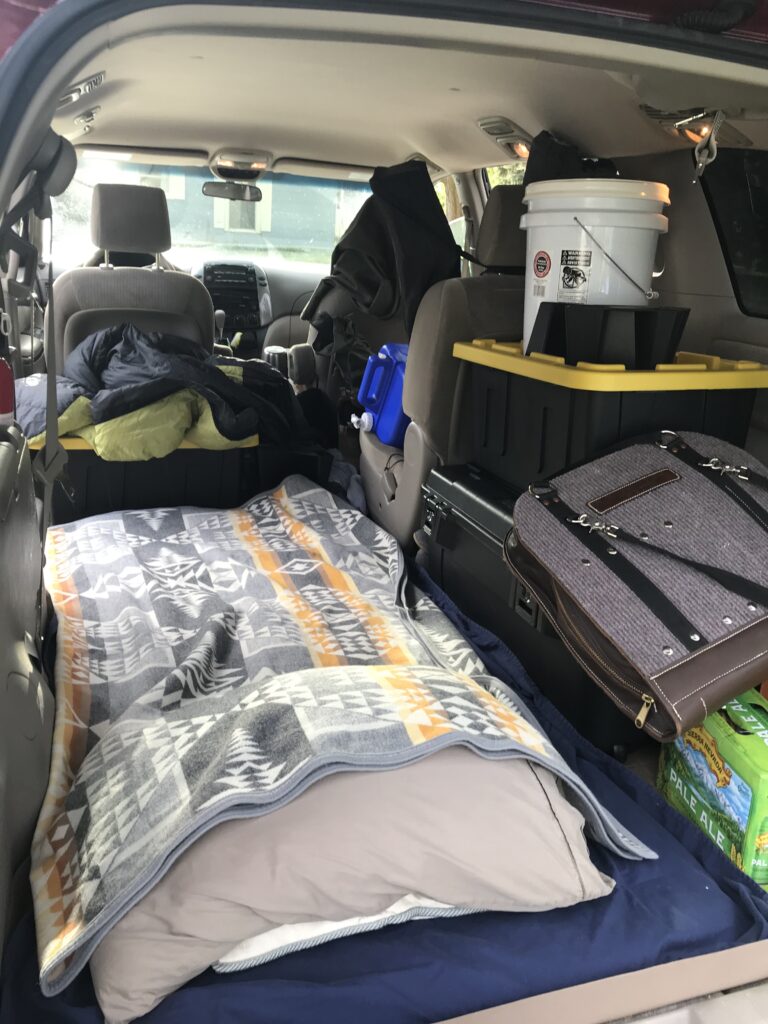
Many bathrooms reopened after the spring lockdown, but not all gas stations allow access. I will continue to carry the trusty Folgers pee can and Gamma-lid sealed poop bucket (shown above) on all future ventures, just in case.
The Handypiece is life changing. It is a battery-powered shearing handpiece, which reduces set-up time to almost zero and enables many hours of shearing in areas without power. I have a lot more to say about this, but if I were starting out with small flocks today, I think I would buy this instead of a motor and drop, given the nature of most work I do.
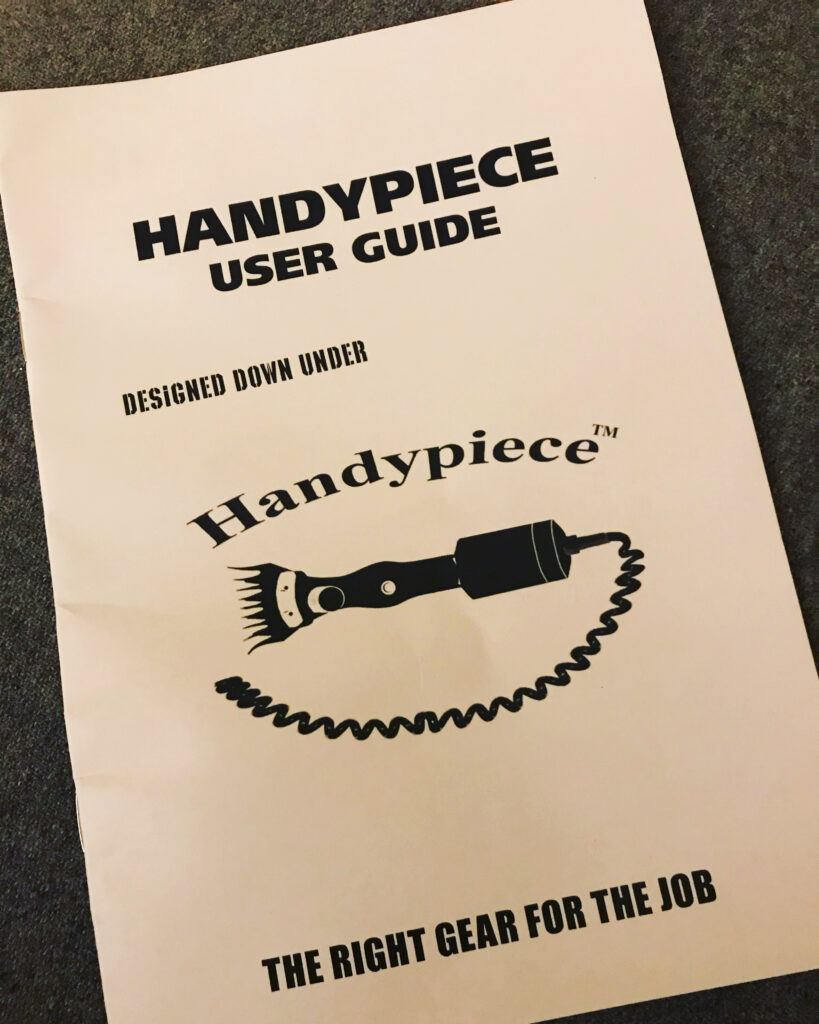
I leveled up my wildfire livestock evacuation game. I volunteered with a local livestock evacuation group during the CZU Complex Fires this year. They are well organized, committed, and friendly. In 2021, I will complete my FEMA Incident Command System (ICS) and related training and, upon doing so, will identify the training that will follow, whether that’s in ham radio, trailer driving, horse handling or something else.
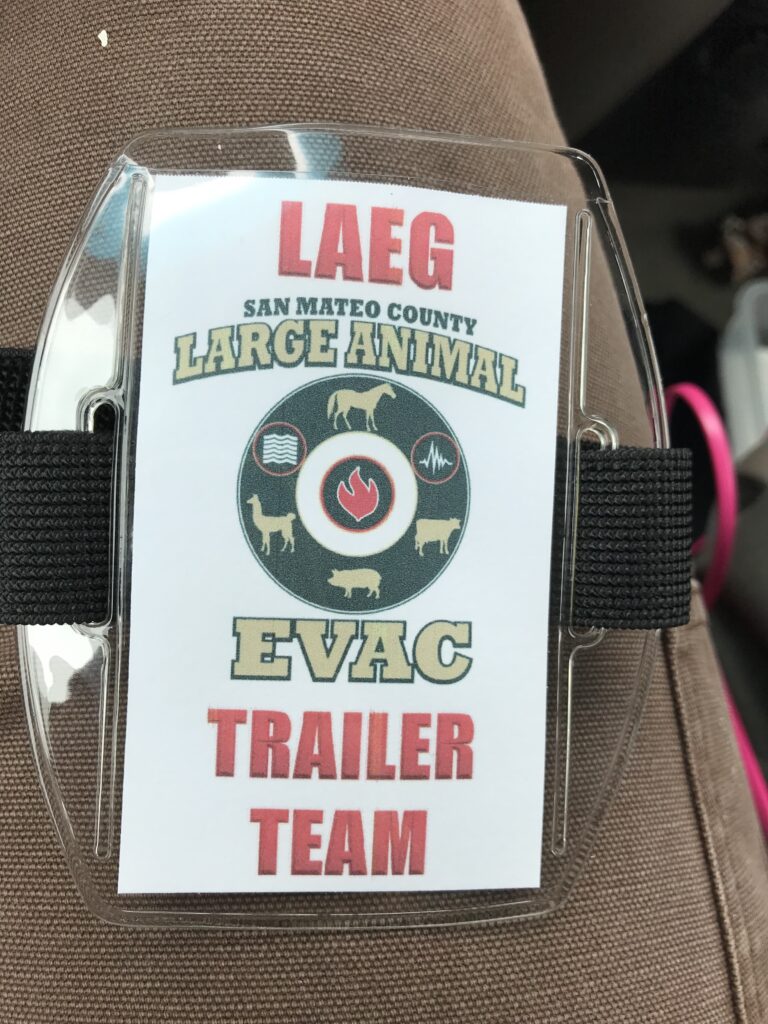
I learned a lot about how useful ham radio is this year, as there is no such thing as mobile reception in many areas (which I well knew from shearing). The minivan earned its keep: It can fit a lot of donated feed troughs and other goodies inside, and it was a joy to deliver feed-store items and check on animals left in the evacuation zones.
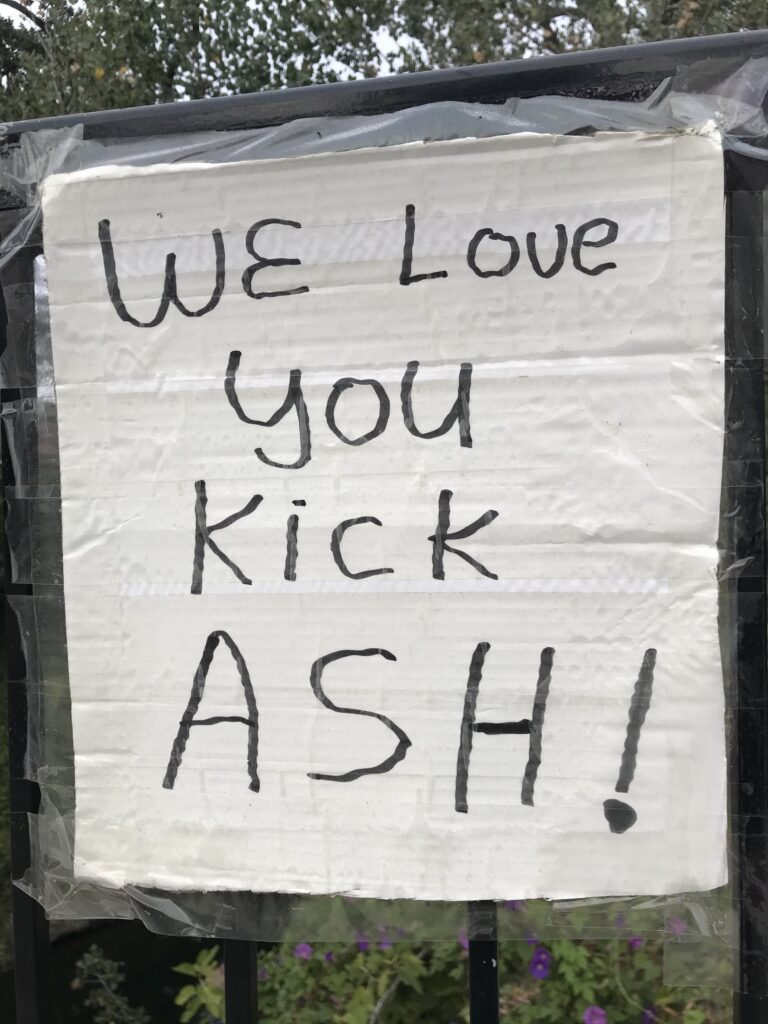
I received my first yarn made from sheep I sheared, and knit a sweater with it. Some folks seem to think I do these things all the time, or make all our clothes this way, but let me be the first to assure you that is NOT the case… and is not really a goal of mine, either. But every so often, I am shearing and the fleeces are spectacular and too good to go to waste, and it is rewarding to have this sweater from them. The sheep are as local as they come, within a 10-minute drive, in South San Francisco near SFO airport.
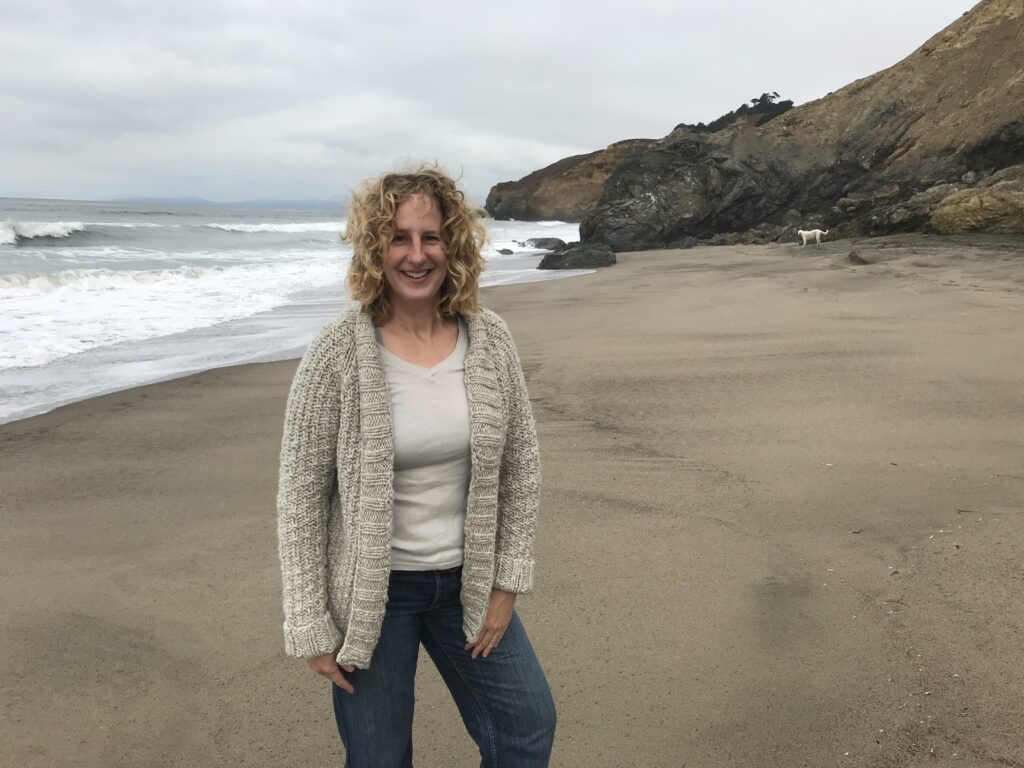
The Fibershed Marketplace had a record sales year. No credit to me and entirely due to Gynna Clemes, who marketed the heck out of our co-op members’ wares. For the unfamiliar, the Fibershed Marketplace is an Etsy-style platform, owned and operated by and for the members of our Northern California Fibershed Cooperative. I am the Co-op’s inaugural (bot not forever) president.
At the beginning of this year, staring a pandemic and economic depression in the face, I had no idea what we would do without in-person sales events. Our online sales more than made up for it and exceeded all hopes. If there is any time I want farmers and artisans to earn as much income as possible, it is RIGHT NOW.
More writing got out into the world, even though I did not work as hard as I should have at it, and never felt terribly creative while doing it.
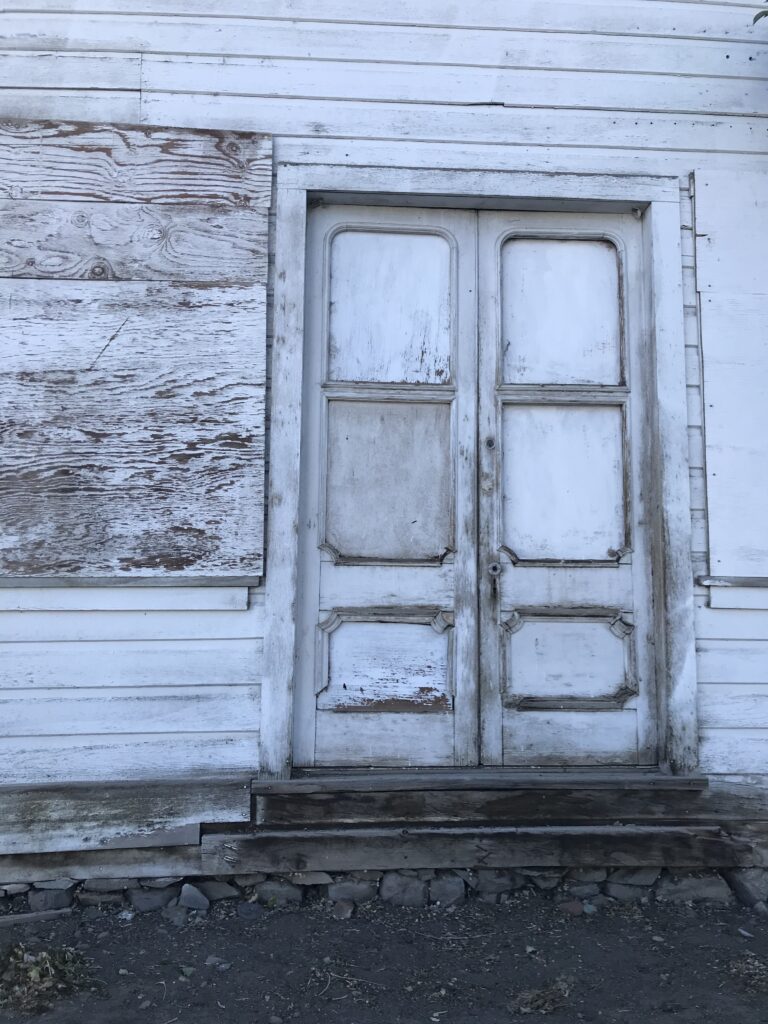
I said no to a book that I didn’t really want to write. In the scheme of impeachment, election nightmares, months-long wildfires, and a raging pandemic that has killed devastating numbers of people, it doesn’t seem right to say that this was one of the harder things I had to do in 2020, but it was.
When you are a first-time author, you don’t feel like you can be picky. It reminds me very much of being a beginning shearer, when I took any and every job I could — even though, in retrospect, it was not always the best idea. I learned that lesson once and had to hold on to it this year. When a publisher says they’re sorry they passed on your first book (me: “Can you repeat that at least 100 times, please?”), and asks if you might be interested in writing a book about a related topic that you not only know something about, but even have existing material you cut from your first book, it feels as good as done.
And yet, and yet… I did not really want to write it. It takes years to get a book out, even if you can manage to knock out an initial draft in one year (still very hard). Worst of all, though, it felt disingenuous and borderline misleading, and that is not my thing. See, at the same time I was having this second-book conversation, I was also drafting business plans and spreadsheets to explore the idea of our co-op doing the very thing that this rather idealistic, regenerative-ag-product-y book would have suggested…and for the life of me, I could not make the numbers work to create a sufficiently profitable endeavor for us to engage in. Which is the real story, of course, and one I may yet write.
I do not have it in me to write a book espousing or suggesting things that big fashion manufacturers should do when I can’t make it work myself, however much I might want it to be true. I was incredibly sad about this but then realized I wasn’t thinking much about it, and that’s how I knew I made the right decision. I was neither worried about writing a book for the wrong reasons (which I had been before), nor was I missing it or having new ideas for it. And that’s telling. When I am working on a book, I am LIVING that book. My brain spends at least 50% of its time in the imaginary world of that book (not when I’m shearing, though, promise). And it wasn’t happening. So it’s not. And that is as it should be.
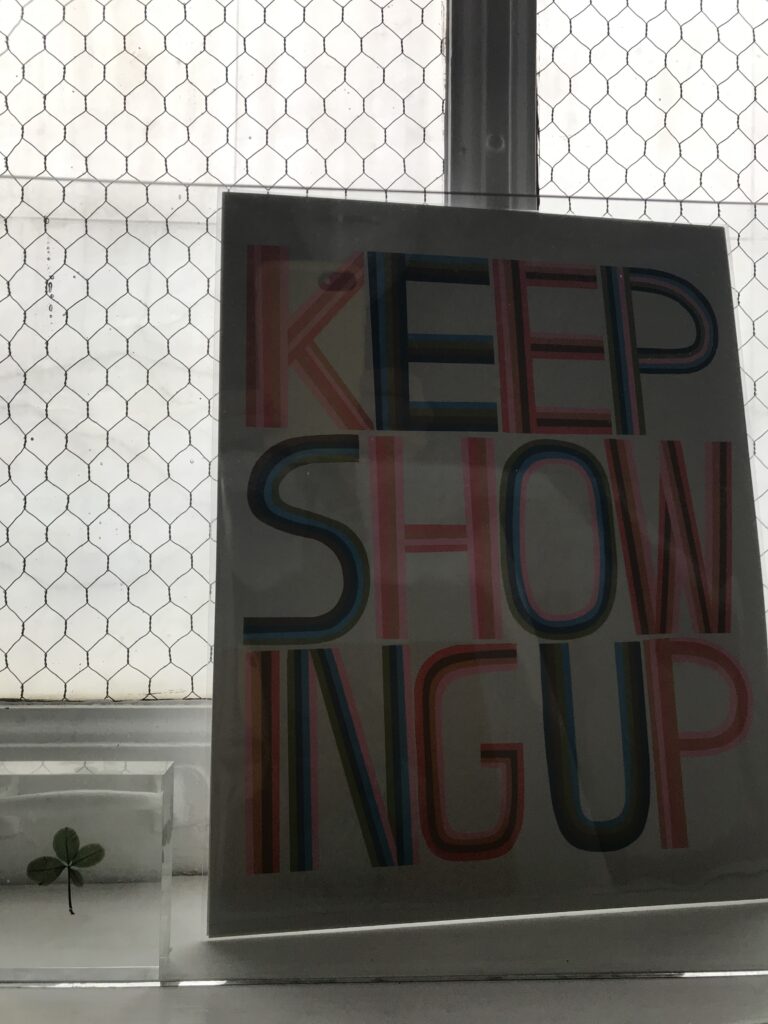
I have an office outside of the house. Big-city rents are down, so dreaming the impossible dream worked out, for once. A writer friend and I got a primo-to-us office in downtown San Francisco for a song. The mental health and focus rewards have already been great. I’ve had my own business(es) for 5.5 years and have worked from my house the entire time, but I am utterly incapable of ignoring my dog and housework is always a justifiable distraction from putting words on the page. The office creates hours of real focus and low rent means I have to work just a few hours each month to pay my share. Read: SO WORTH IT.
I finished a draft of a novel. “Draft” is an enormously generous term at this stage, more on the level of words someone might read in court to take your family away than a cohesive story. Even so, there is undeniably a thing that, when printed out, resembles a nascent book.
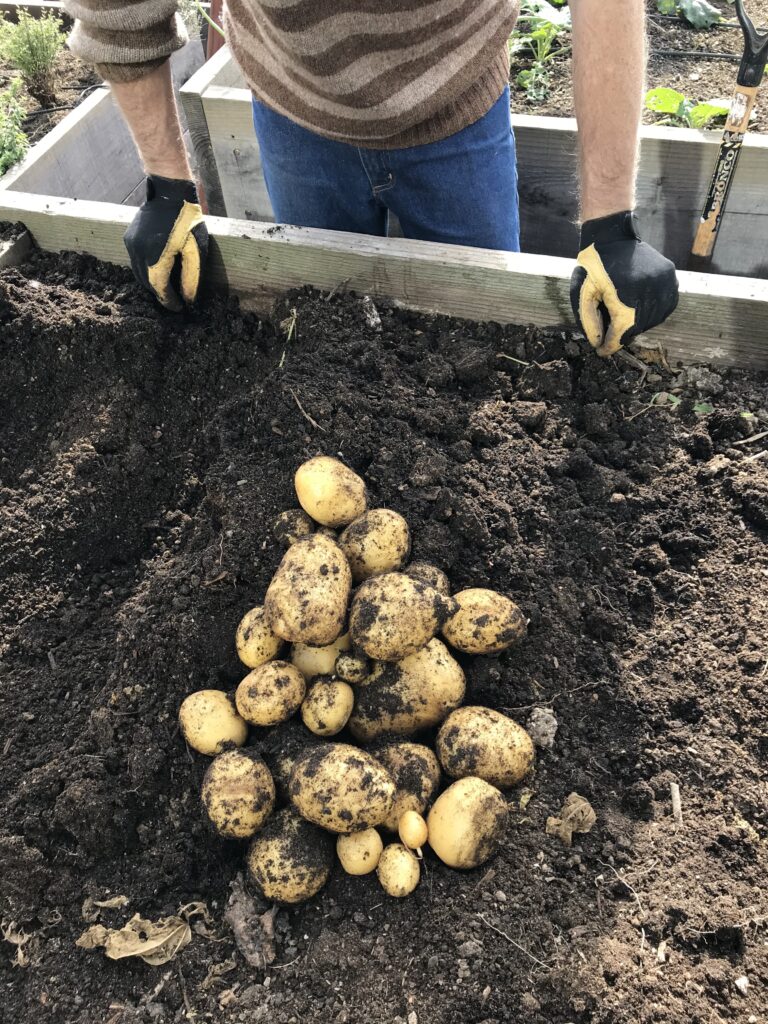
A lot of prior work paid off. In many ways, my dear husband and I live on the fringes of society, values and behavior wise. Despite my talk of minivans and Handypieces herein, we think consumerism is the devil himself and have always lived far below our means, tried to make or grow or trade for (meat, socks) what we can, and be in this world but not of it, as the saying goes.
Well. There was nothing like this year for a pat on the back, a little nod that we’ve been on the right track, that all the work is more than worth it. We had a chest freezer full of meat I traded shearing work for, and were walking potatoes and chard around from our garden to neighbors when shelves were bare at the grocery store. It has made me refocus our 2021 planning for an even more productive and better-timed garden bounty in the coming year.
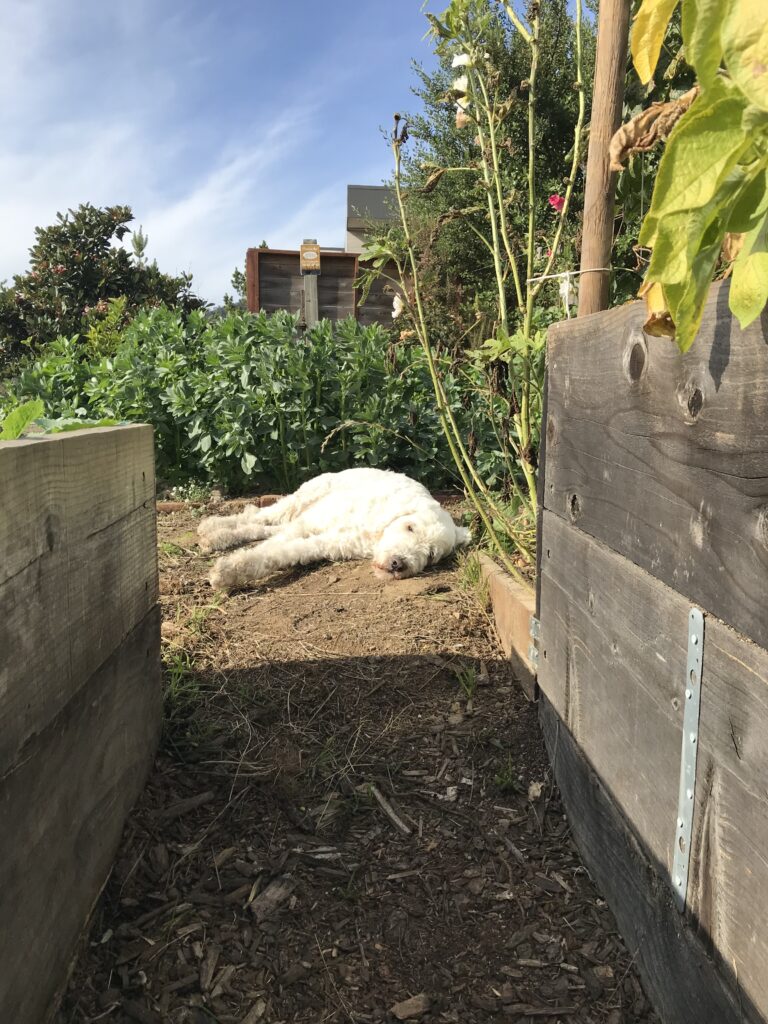
I settled most of my grandmother’s estate. Which sounds like more than it should, as my people are not wealthy, but was also SO MUCH HARDER than it should have been.
My grandmother died in February, just as the pandemic began and thank you, merciful Lord, for that. I can induce tears in seconds by simply thinking about trying to talk to her through a window while she was dying. I would have been insane, gone, beyond all help. I can just hear her, not knowing where I was, unable to turn her head, not knowing why I would be outside and not coming in. I have cried so much thinking of families in this position this year.
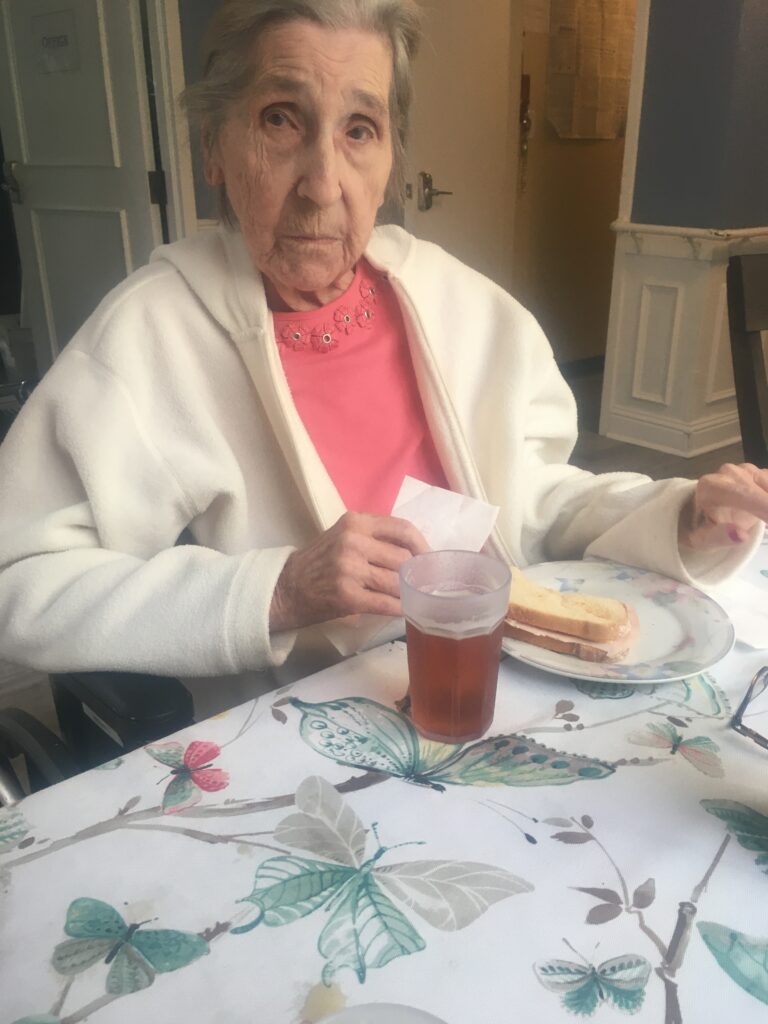
We got some significant home improvement projects done, including a lite refacing of the falling-apart, 40-years-old-this-year kitchen. That’s a good run on cheap vinyl. We honed our DIY skills, and I can now replace our window trims and moldings competently if not exactly with aplomb.
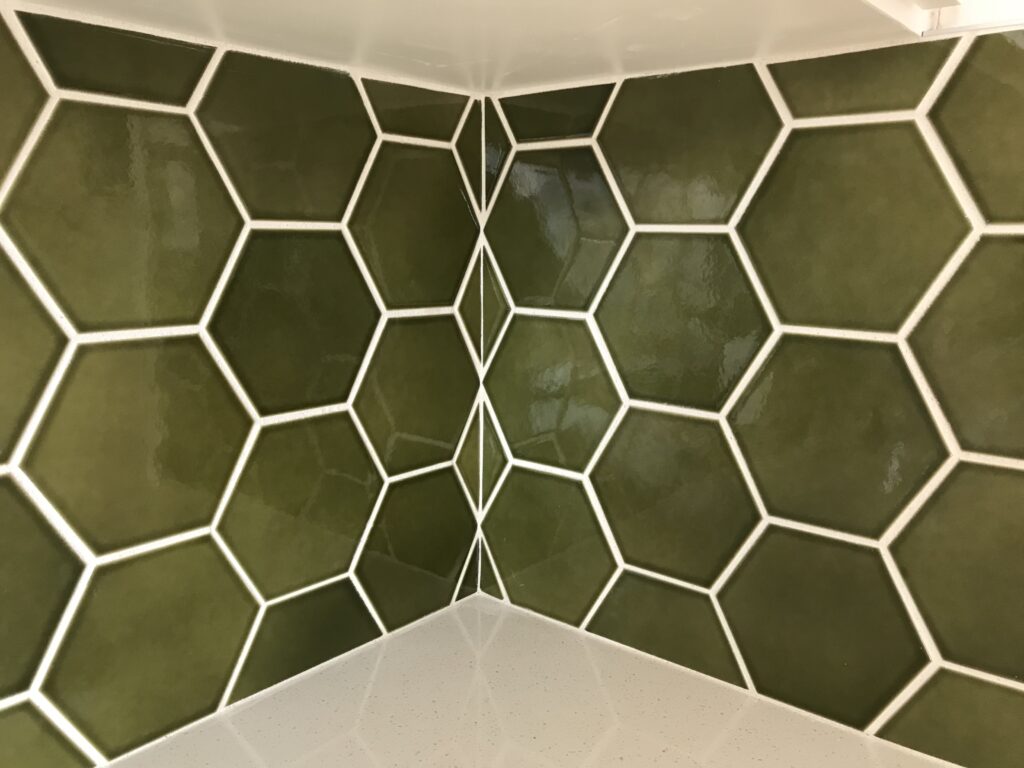
Heck, we even cleaned out and organized the garage. Most of those containers are empty and reserved for minivan-based travel.
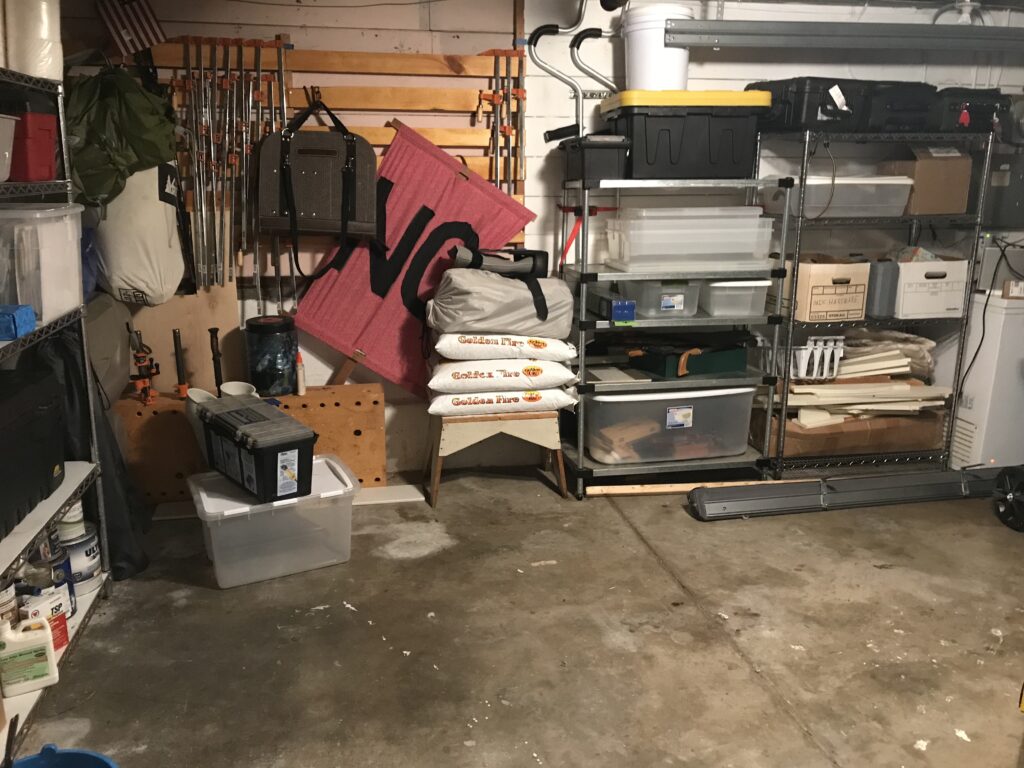
I love San Francisco more than I used to. With folks moving out and rents dropping, it feels much more like the city I moved to 14 years ago, and full of possibility. That feels wrong to say, because I don’t mean to revel in anyone’s misfortune that may have forced them to move on when they didn’t want to. That said, in my neighborhood, many folks who left were those who readily admitted they were here to extract as much money as they could in the short term, and then move on with a stash to less expensive places, or back home to raise their kids, that sort of thing. That’s a strategy, and a sound one, but those were existing plans that the pandemic simply accelerated.
We are left with more space and quiet, and the reset this place desperately seemed to need. The traffic was impossible — so much so that it was literally becoming impossible for me to shear anywhere in the East or South Bay on a weekday, because I would sit in traffic for a duration for which no one could expect to pay, thereby not making many jobs worthwhile. Many days, my husband and I looked at each other and said, “Something’s got to give.” It did and it’s not all bad.
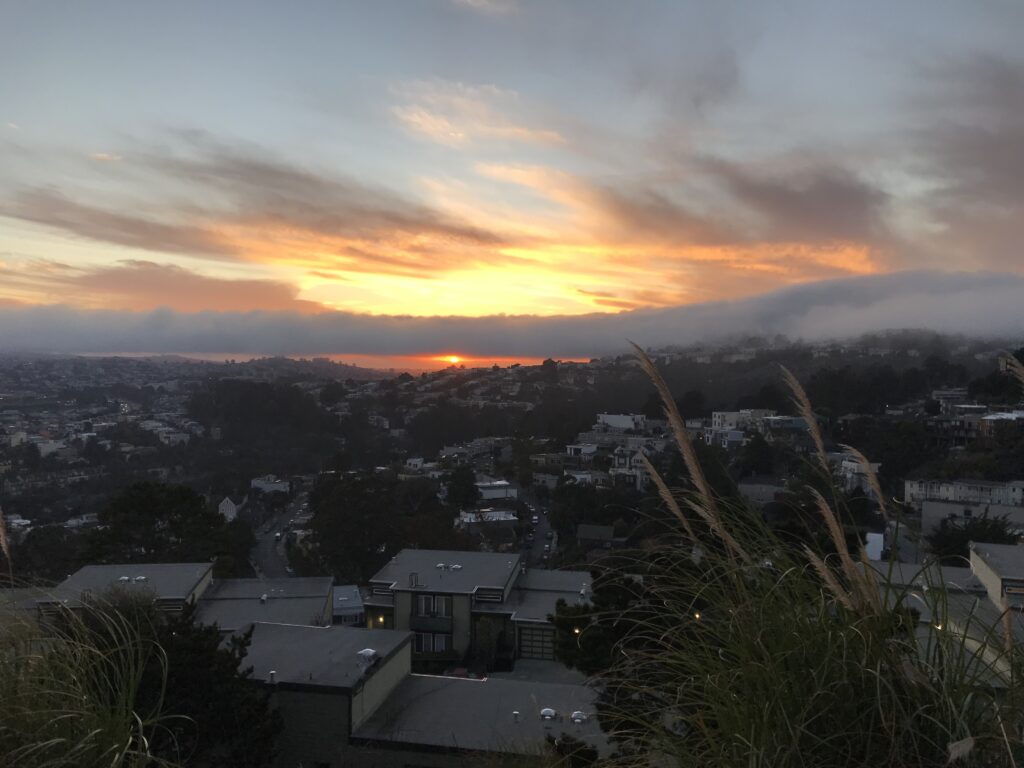
Related to this, I have let go of an idea to which I’d become attached without realizing it: thinking about where I would move next, some imagined world in which I have sheep simply because everyone asks when I will get sheep, even if I really just want to shear them. Isn’t that enough? Yes.
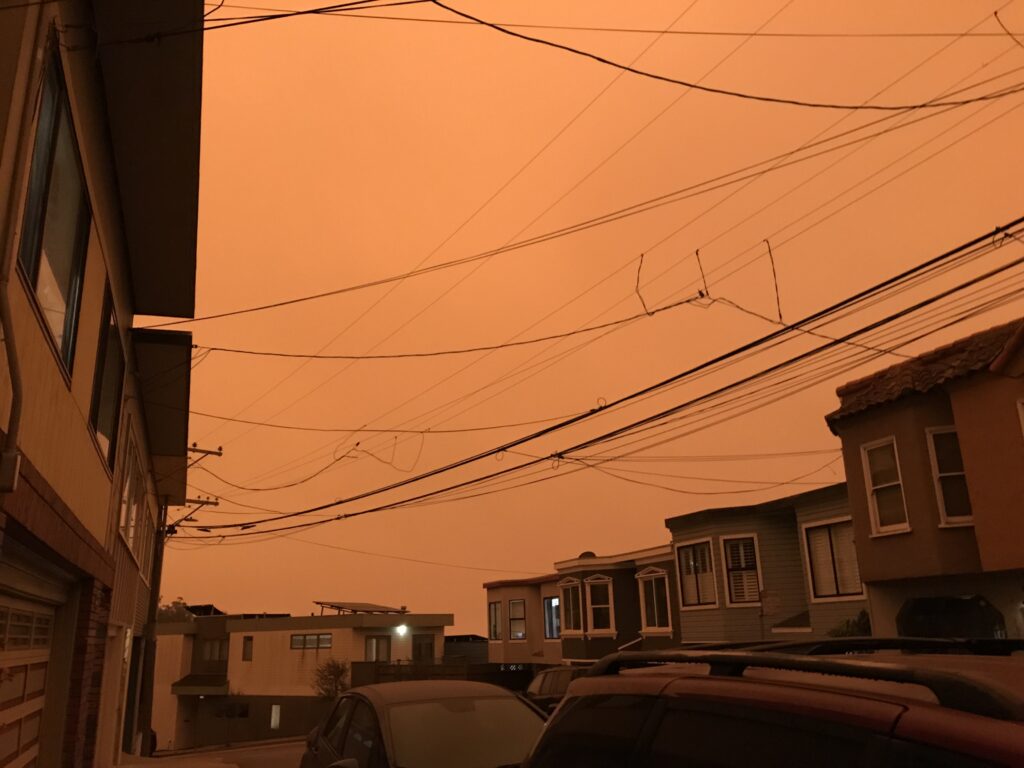
My neighbors are verifiably the best. My neighborhood has always been my favorite thing about San Francisco and it’s only become more true in this pandemic. We live in a halcyon situation. Our block is the type that people associate more with a tiny town in the 1940s, perhaps, or don’t even believe exists – certainly not in San Francisco. Neighbors have sets of keys and/or codes to each other’s houses, so that we can put packages inside or run in to grab the car keys to move someone’s car, if they forgot on street sweeping day.
But the pandemic took it to the next level. Someone would get a 50-pound bag of flour from a bakery that wasn’t going to be open, and divided it into two-pound bags and walked it around to houses. I sewed masks out of fabric that people had bought on travels and didn’t know what to do with. Our block email list became a mini buy-nothing group because people were extra inspired not to go to stores: does anyone have some paint, spare plywood, etc?
I got do some virtual fiber and book events, even if the real-world ones (and the income they would have brought) were canceled.
We only saw people outside our house a few times, masked and outdoors at great distance, but those few occasions saved us.
